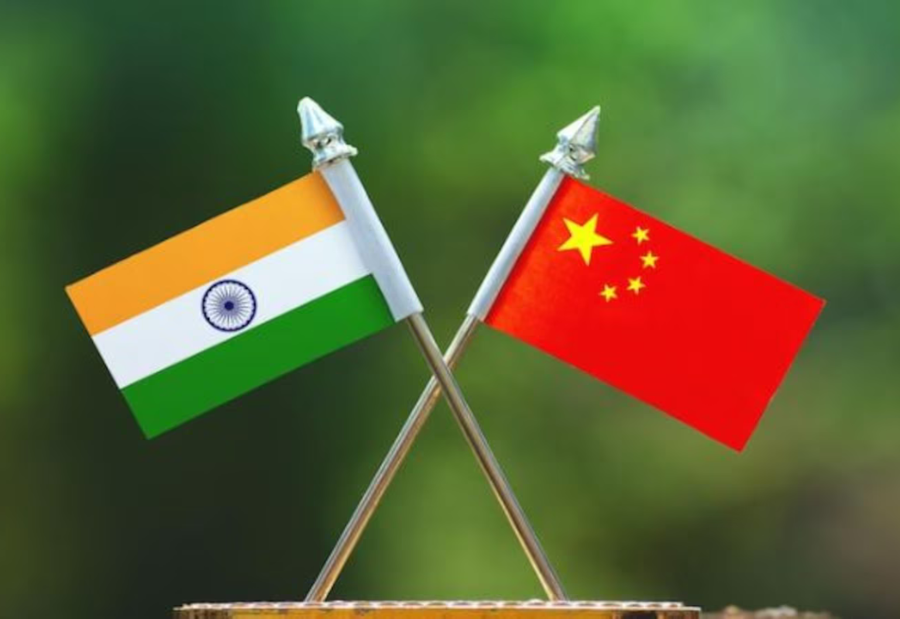The Indian government has been selectively approving joint venture (JV) deals involving Chinese firms, especially in sectors like electronics manufacturing and automobiles, while investments in other areas such as private equity and pharmaceuticals face longer wait times.
Chinese technology companies, particularly in the electronics sector, have been receiving relatively quick approvals for joint ventures. Recently, the government cleared several deals, including Micromax-owned Bhagwati’s JV with Chinese original device manufacturer (ODM) Huaqin and Dixon’s stake purchase in Ismartu India, a subsidiary of China’s Transsion Technology. Dixon has also entered into new agreements with China’s HKC and Vivo to produce display modules and smartphones.
Last year, the government approved a JV between India’s JSW Group and China’s SAIC Motor to manufacture electric vehicles (EVs) under the MG brand. While these approvals have been relatively fast, other sectors, such as pharmaceuticals and financial services, continue to face long delays for Chinese investments.
In total, the Indian government received 526 Foreign Direct Investment (FDI) applications from Chinese investors in 2024, approving 124, rejecting 201, and leaving 200 pending. Industry sources suggest that the government is adopting a more cautious approach, approving investments from Chinese firms in sectors that align with India’s strategic priorities.
Chinese companies dominate in areas like mobile phone components and advanced devices, and the Indian government is keen on leveraging this expertise. While full-scale Chinese investments remain restricted, joint ventures in electronics manufacturing are seen as a way for Indian firms to access cutting-edge technology. The government is actively fostering such collaborations as part of its broader effort to build a robust electronics manufacturing ecosystem.
A government official explained, “The China +1 strategy in the non-semiconductor segment positions India within the global value chain, and JVs are the way forward.” This strategy aims to give Indian companies the opportunity to learn from China’s experience in building a strong manufacturing base for global brands.
However, there is a clear distinction in how Chinese investments are treated across various sectors. While technology-focused joint ventures are moving ahead, investments in areas such as financial services and lending are facing much more scrutiny due to potential systemic risks.
The government’s cautious approach reflects its ongoing efforts to strike a balance between benefiting from Chinese expertise in key sectors and protecting India’s national interests.
Also read: Viksit Workforce for a Viksit Bharat
Do Follow: The Mainstream formerly known as CIO News LinkedIn Account | The Mainstream formerly known as CIO News Facebook | The Mainstream formerly known as CIO News Youtube | The Mainstream formerly known as CIO News Twitter
About us:
The Mainstream formerly known as CIO News is a premier platform dedicated to delivering latest news, updates, and insights from the tech industry. With its strong foundation of intellectual property and thought leadership, the platform is well-positioned to stay ahead of the curve and lead conversations about how technology shapes our world. From its early days as CIO News to its rebranding as The Mainstream on November 28, 2024, it has been expanding its global reach, targeting key markets in the Middle East & Africa, ASEAN, the USA, and the UK. The Mainstream is a vision to put technology at the center of every conversation, inspiring professionals and organizations to embrace the future of tech.




